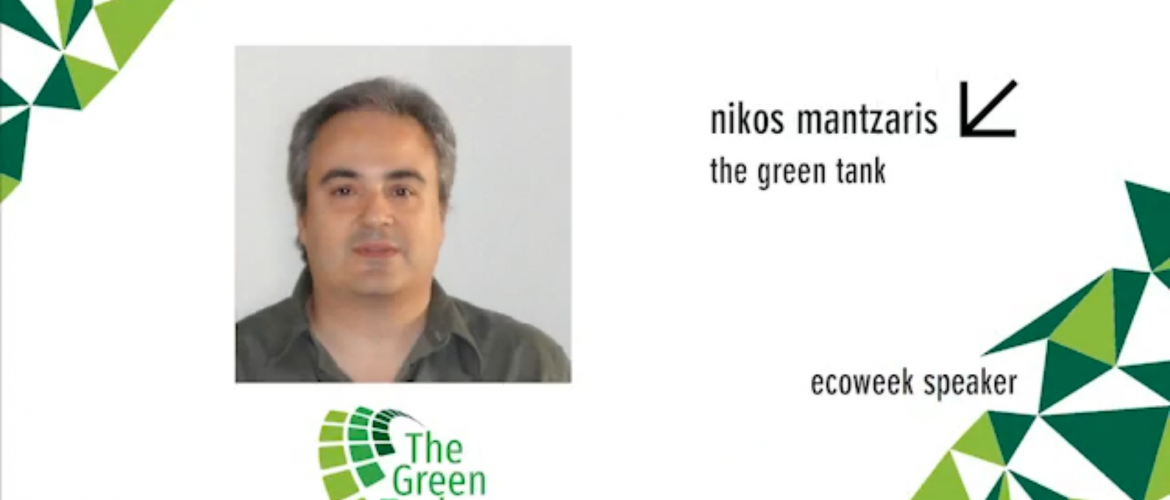Nikos Mantzaris participated in the 15-year anniversary online event of ECOWEEK as a guest speaker on October 2, 2020. In his speech, he presented the paradigm shift in Greece’s climate and energy policy, following the decision to phase-out lignite by 2028 at the latest. In his speech he noted the challenges linked to this decision for the future ahead.
The decision of the Greek Prime Minister announced a year ago is of historical significance as it aligns Greece’s policy with the Paris Agreement. Notably, lignite was responsible for 34% of the country’s greenhouse gas emissions from 1990 to 2017, one of the highest rates in the EU and well above the EU average of 18%, over the same period. In addition, lignite has significant environmental and economic costs, which have been exacerbated by reforms is EU environmental and climate policies.
Moreover, in his capacity as a member of Greece’s Special Committee on Climate Change, Nikos Mantzaris presented the Committee’s opinion on Greece’s position towards the new EU climate law. The EU climate law was announced in the midst of the pandemic as part of the European Green Deal and is currently under negotiation. Among the points of the opinion, the Committee’s proposal that an increase of the EU’s climate target to a reduction of greenhouse gases by 65% compared by 2030 was highlighted.
In addition, in his speech, Nikos Mantzaris emphasized the need for a national climate law, which should institutionalize the commitments made so far and guide future decisions.
Despite these important developments, two major challenges lie ahead. The first challenge concerns the threat of a switch from lignite to fossil gas. Although in the period from August 2019 to October 2020 the production of electricity from lignite decreased by 46% and the share of renewable energy sources increased significantly, Nikos Mantzaris analyzed the real threat of an increase of fossil gas investments in the coming years. This is a threat that must be averted.
The second challenge concerns the successful and Just Transition of lignite regions to sustainable economic activities. To achieve this goal, he stressed the need to design one plan, through a participatory process. The plan must be implemented with the support of a sufficient and stable flow of resources a participatory governance framework.
The panel was entitled “Preserving the planet: How to reverse trends?” and was part of the ECOWEEK Online Challenge. During the session initiatives, in the field of architecture and design and policy, were presented to serve as positive examples to address the worrying scientific data on the state of the planet. The panel was moderated by Elias Messinas, founder and coordinator of ECOWEEK, and included distinguished speakers from Lithuania, Austria and Israel.
You can watch the Friday October 2, 2020 program of ECOWEEK Online Challenge and Nikos Mantzaris presentation here:



















































































































































































































































































































